 |
|
||||||
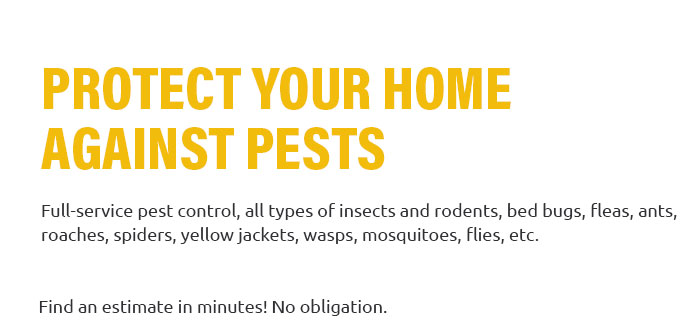 |
 |
 |
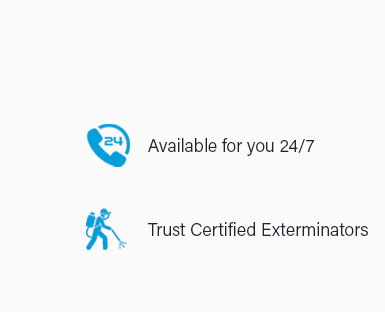 |
 |
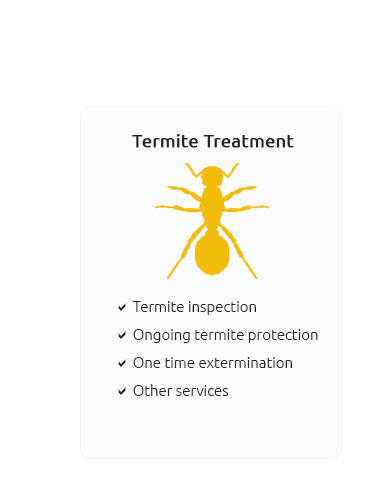 |
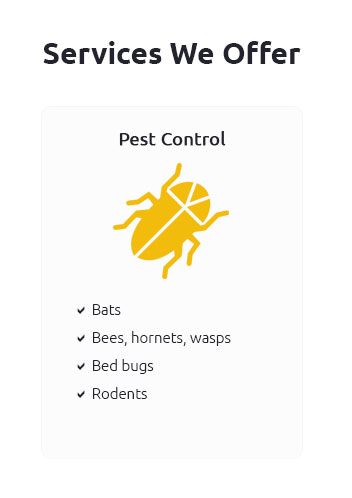 |
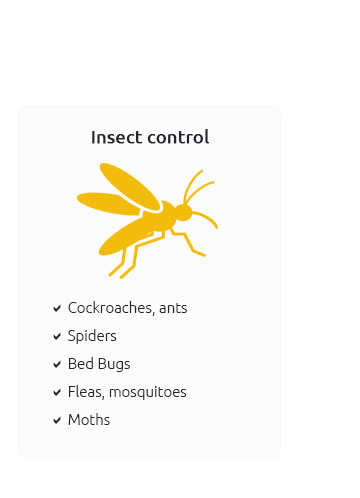 |
 |
 |
 |
 |
 |
|
Say goodbye to uninvited buzzing guests with our expert local bee exterminators, who combine cutting-edge techniques and eco-friendly solutions to reclaim your space swiftly and safely; with a deep-rooted understanding of both the local ecosystem and the urgency of your needs, we’re not just removing pests, we’re restoring peace of mind-no compromises, no delays, just effective and responsible pest control that lets you enjoy your home without a sting in sight.
https://www.911honeybeeremoval.com/honey-bee-removal-san-antonio-tx
We are professional San Antonio bee removal team and can help with any bee removal problem you may have in your home, business or apartments. https://www.yelp.com/search?find_desc=Bee+Removal&find_loc=San+Antonio%2C+TX
Top 10 Best Bee Removal in San Antonio, TX - February 2025 - Yelp - X Out Pest Services, Urban Texas Pest Control, Beeline Pest Control, Urban Jungle - San ... https://thebeerescue.com/bee-removal/san-antonio-texas
We will remove bees from San Antonio, Tx. Call 214 227-7562.
|



